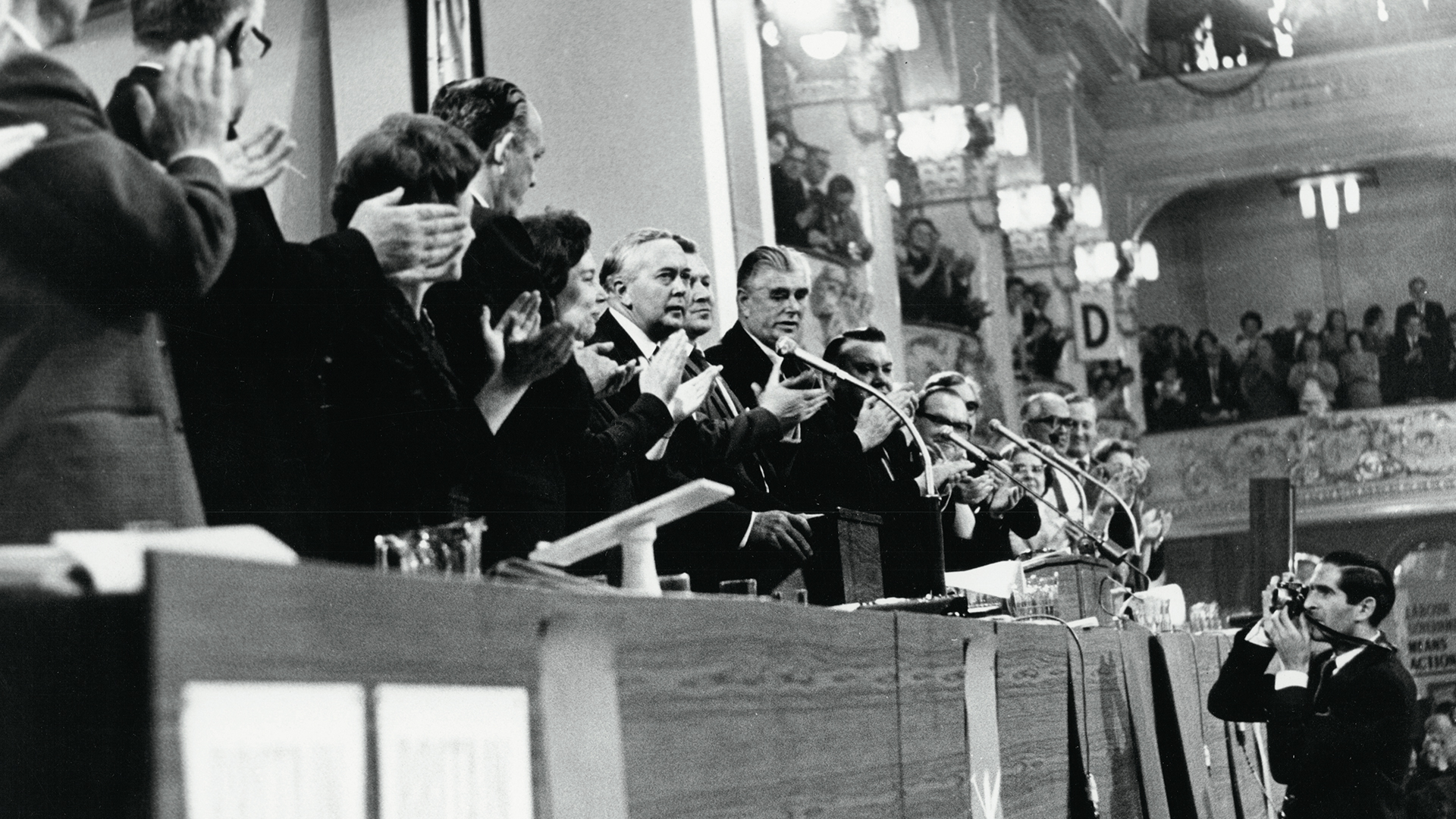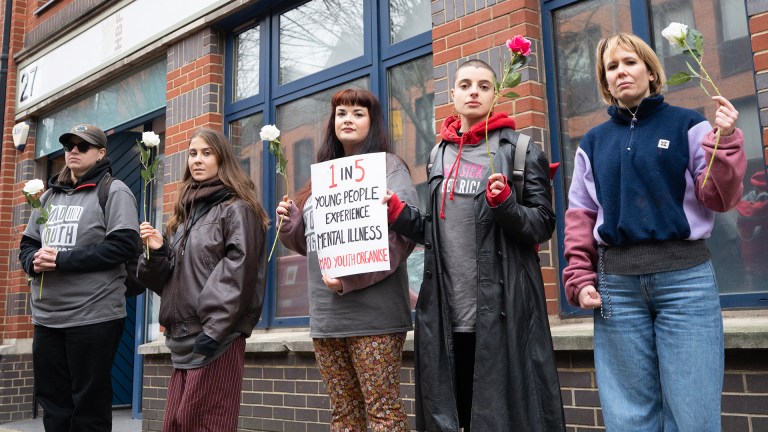Public house building for the public: mixed usage including the ex-homeless, the trainee doctor, the novice police officer, the disabled, the student studying for a hopefully life-enhancing degree; all and sundry in need of housing should be included as ingredients in a truly public – because at times it may include most of us – housing policy.
The swings and roundabouts of the rented sector, who’s up and favoured and who’s down and out of favour, could be ameliorated by a vigorous public housing corporation. A public body that addresses all at once through its very creation the more than hundred-year-long crisis around housing, a crisis thrown up in a once vigorous industrial nation that has lost its vigour. An ex-colonial, ex-imperial, once world dominating spent industrial and commercial empire trying to get back on its feet in its post-glory times.
How do we attack the evils that have accumulated after decade upon decade of the politicisation of our housing stock? How do we address the fact that often the only way some people can get some financial security is by investing in property? There has been no surer way of creating financial security for many than by them becoming a landlord; go to a bank, get a mortgage, rent the property out and get the tenant to pay off your debt. And thereby accumulate the wealth created by an increasingly valuable housing product.
The housing crisis started so far back that it frightens many people who only want to deal with the crisis now; not knowing that the politicisation of housing that has led to this crisis started over 100 years ago. That there was a period from the end of the First World War until 1956, 38 years, when tenancies were protected. This period was ended by the Tory government, leading to a pro-landlord period.
And then from 1965 under the Labour government a pro-tenant period reigned, only to be changed again by Thatcher’s regime after 1979 – etc etc. Right up to now, when currently landlords have the edge.
But the Renters’ Rights Bill will change most of that. And landlords will scurry away from what they see as an oppressive regime and probably sell their property, as they did after Harold Wilson’s Rent Act of 1965 which greatly favoured the tenant over the landlord.
There’s a see-saw over housing: but it’s the tenant that gets caught in a vice and put at the mercy of governments and landlords to – hopefully – look after their interest.
This historical pickle impels us to decision time: we must do all we can to protect the flimsiness of a tenancy agreement made by those struggling to get security for themselves and their families.
A public housing programme would address the emergency. It would put housing on a war footing. It would innovate. It would bring in new thinking around using different materials – prefabrication for instance – and new land usage. It would borrow land for perhaps 30 years. It could move housing forward on this transitional programme.
Building housing for 30 years takes the weight off the present and the need to buy land, the most expensive element in creating housing.
I only throw up these thoughts because I remember the perfectly acceptable ‘prefabs’ that people I knew lived in post the Second World War. Temporary housing that in fact lasted over 50 years. We would not build such housing now because housing technology has moved on. We certainly wouldn’t use asbestos as they did post-war.
But a truly vigorous and well thought out public housing programme could exploit temporary land-use opportunities. Could use brown field sites.
All I know is that we have to end the vulnerability of tenants who are caught in a trap that at the moment only enriches the landlord at their expense. And we have to break this over-100-year-old game of preferring one over the other.
The damage done to our social housing stock by politically motivated underinvestment will not be washed away anytime soon. So I advocate using all available technologies to end the paucity of our current housing situation. Let’s be brave. And not accept the merry-go-round of people caught in the trap of the private rented sector, which enriches one party only to deplete the other.
Tenants in most agreements have only one role, and that is to pay off the landlord’s mortgage. That can’t be right in this day and age. There must be a cleverer way to end this tyranny of housing over getting on with your life.
John Bird is the founder and editor-in-chief of the Big Issue. Read more of his words here.
Do you have a story to tell or opinions to share about this? Get in touch and tell us more. Big Issue exists to give homeless and marginalised people the opportunity to earn an income. To support our work buy a copy of the magazine or get the app from the App Store or Google Play.
Big Issue is demanding an end to extreme poverty. Will you ask your MP to join us?










